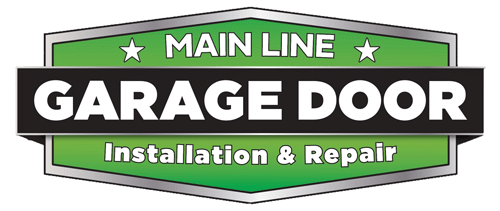If you’re preparing to put your house on the market, you’ve probably considered starting a home improvement project to raise its value. From adding new kitchen cabinets to remodeling the bathroom, there’s a lot that can be done to spruce up your home. But does a new garage door increase home value? And if it does, then how much value does a garage add to a house? To learn the answers to these questions and more, here’s a look at whether or not installing a new garage door will improve the value of your home.
How Much Value Does a Garage Add to a House?
The majority of home improvement projects you can think of are able to raise the value of a property — even if it’s by a small amount. However, replacing your old garage door with a new one is actually one of the best home improvement projects, given how high the return on investment (ROI) can be. Many homeowners have found that they were able to achieve over 90% return on investment on their homes. That means that if you spend $4,000 on a new garage door installation, the price you sell the home will increase by $3,600.
When you compare them to other home improvement projects, garage door replacements have a much greater ROI — but why does a new garage door increase home value so much? If you look at other renovation projects with high ROI, you’ll notice they all have something in common with garage door replacements. Siding projects, new deck replacements, and garage door installations all improve the exterior of a property and contribute to the home’s curb appeal. What makes garage door replacements such a fantastic investment compared to other home improvement projects is that they’re able to raise curb appeal while remaining more affordable.
When Does a New Garage Door Increase Home Value?
There are certain circumstances where a new garage door does increase the home value more than others. In general, the more benefits garage doors bring to your property, the more it will add value to your home. Here’s a look at some of the scenarios when homeowners should consider a residential garage door replacement.
Insulation
Proper insulation helps control the cooling and heating in your garage, thereby increasing energy efficiency and reducing the cost of maintaining comfortable temperatures. Because insulated garage doors make it easier for HVAC systems to regulate internal temperatures, the doors can make the home more desirable and have the potential to increase its ROI.
Material
It’s also important to take the material of the new doors into consideration. For example, more affordable options like aluminum and steel will make it easier for you to purchase, whereas wood composite and similarly expensive materials will raise the curb appeal through increased aesthetic appeal.
Safety Features
New garage door models come with a variety of features. From photosensors and autoreverse features that enhance safety to improved security technology, contemporary garage doors promote safety in more ways than one. Some even implement smart technology that allows owners to use garage door openers remotely. All of these features combine to make the home a safer place, increasing its value in turn.
You should also take your current doors into account. Given how large garage doors are, they’re no doubt an important part of your home’s exterior — especially if they’re facing the street. If your doors are outdated and old, they can seriously detract from your home’s aesthetic appeal and, not to mention, won’t function nearly as well as new ones. In this scenario, a new garage door does increase home value. However, keep in mind that a house that already has a contemporary garage door model won’t see much of an improvement, and the raised value will be comparatively less.
For more information on when a new garage door does increase home value, reach out to Main Line Garage Door today for more details and to receive an estimate.
